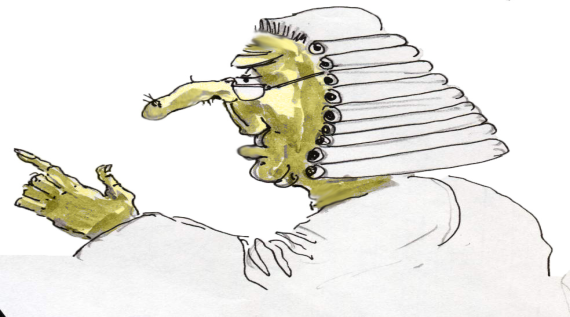 @Robin Hutton under CC licence. Click for link.Paris has been and gone and attention has mostly moved on to the latest eccentric claim about what the climate is going to do to us next (intoxicated fish anyone?). But a few outlets are still asking questions. Yesterday Carbon Brief explained that the timetable for ratification is almost impossibly vague:
@Robin Hutton under CC licence. Click for link.Paris has been and gone and attention has mostly moved on to the latest eccentric claim about what the climate is going to do to us next (intoxicated fish anyone?). But a few outlets are still asking questions. Yesterday Carbon Brief explained that the timetable for ratification is almost impossibly vague:
Countries ...agreed that the deal would come into force when a certain set of conditions had been satisfied — that is, 30 days after at least 55 countries accounting for an estimated 55% of global greenhouse gas emissions have ratified or accepted the agreement...But there is no deadline to say when this job should be completed, which means that countries can delay as long as they want. So, in theory, the first meeting could be in November this year — dumping a heavy workload on the desks of the bodies mentioned above — or it could still be in 2020. It all depends on how keen the big emitters are to put the Paris deal into action.
Meanwhile, Judy Curry points us to this fascinating article by Dutch legal scholar Lucas Bergkamp, who thinks that Paris could eventually become an enabler for the kind of legal action against governments that ClientEarth is promoting in this country and which brought success to the Urgenda campaign group in the Netherlands. Bergkamp is worried because Paris set absurdly ambitious emissions reductions targets, setting governments up to fail pretty much automatically. He thinks that once the failure becomes likely, greens will go to the courts and demand that they step into the breach. And, as Bergkamp explains, this will have consequences:
[The Paris agreement's] implicit reliance on political activism by the climate movement and the related non-hierarchical governance by courts constitute a threat to constitutional government, the rule of law, and representative democracy. It risks an unconstitutional usurpation of power by activist groups and unelected and unaccountable judges that could undermine legislative power and the role of positive law in deciding legal disputes.